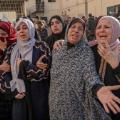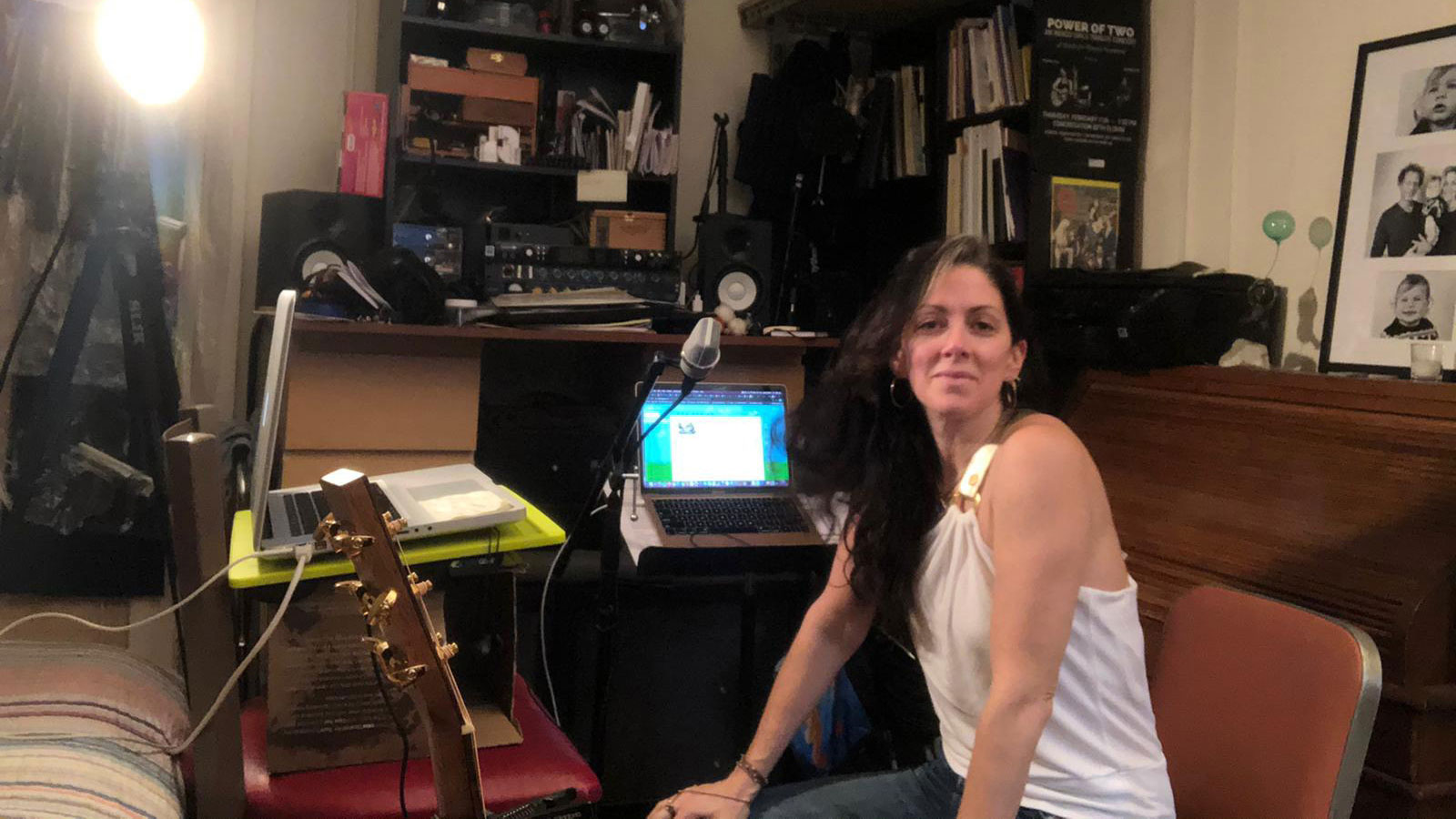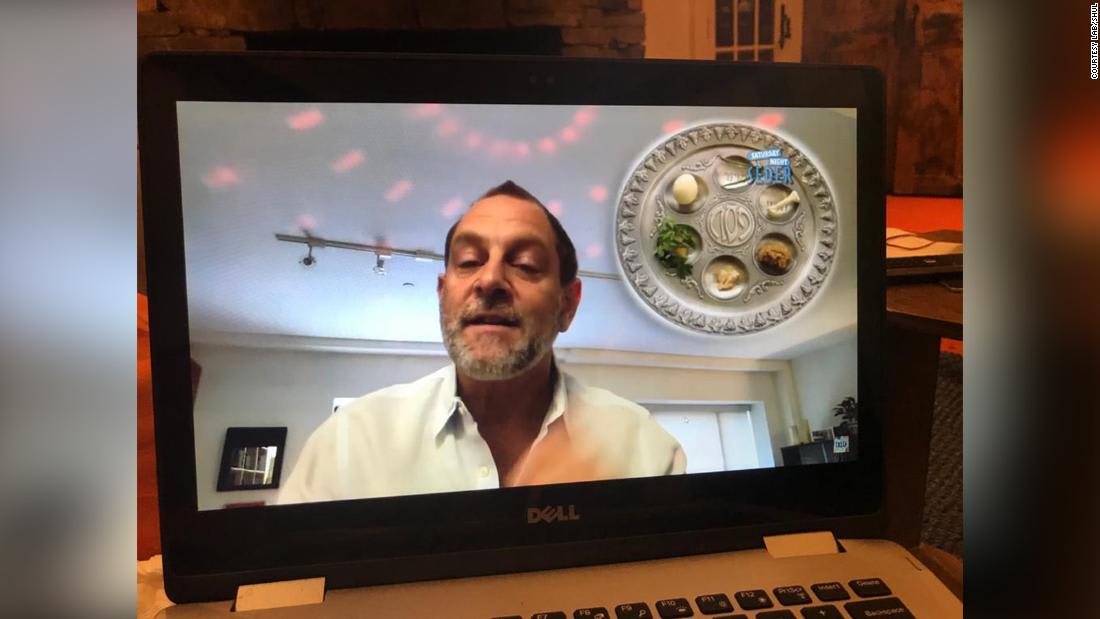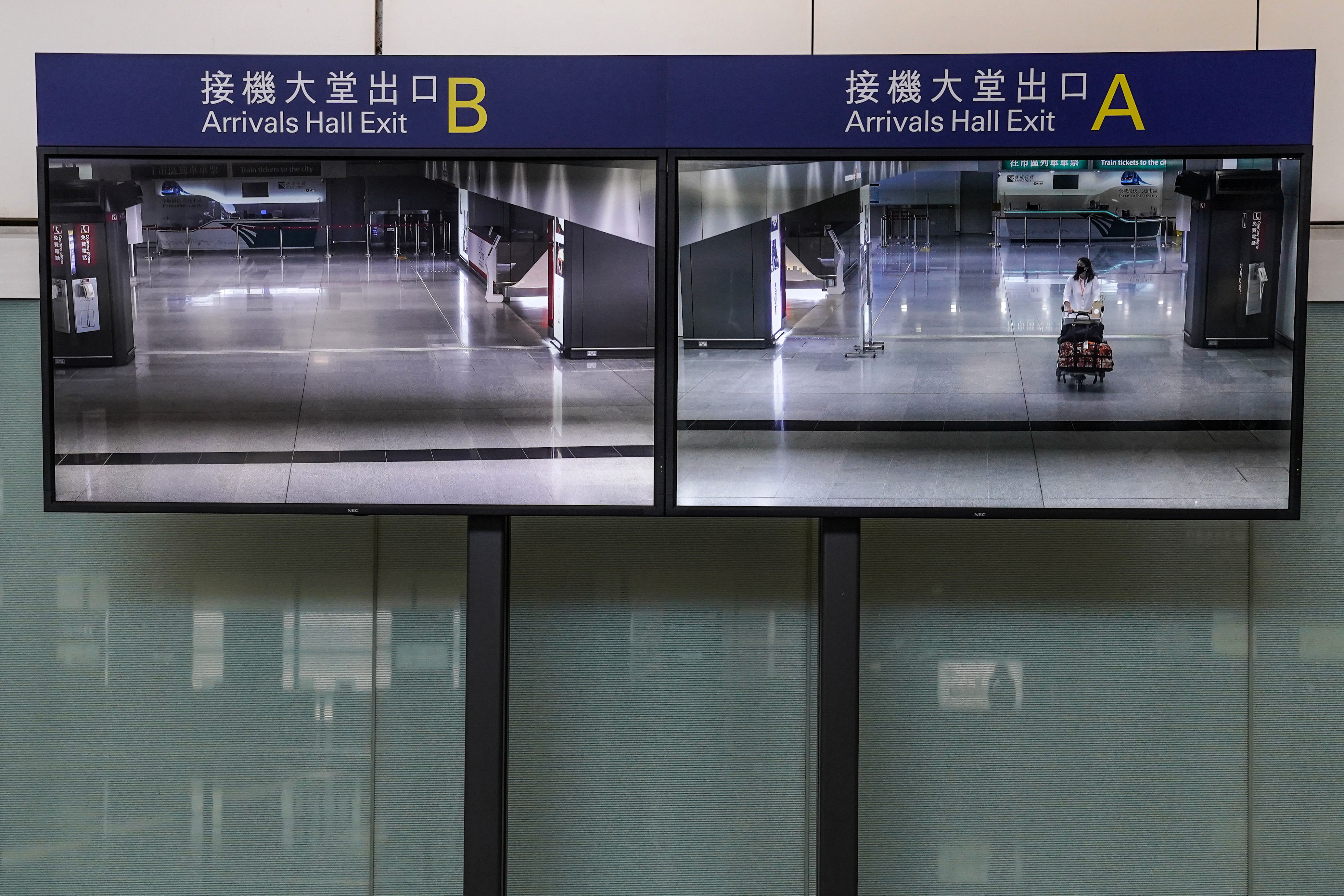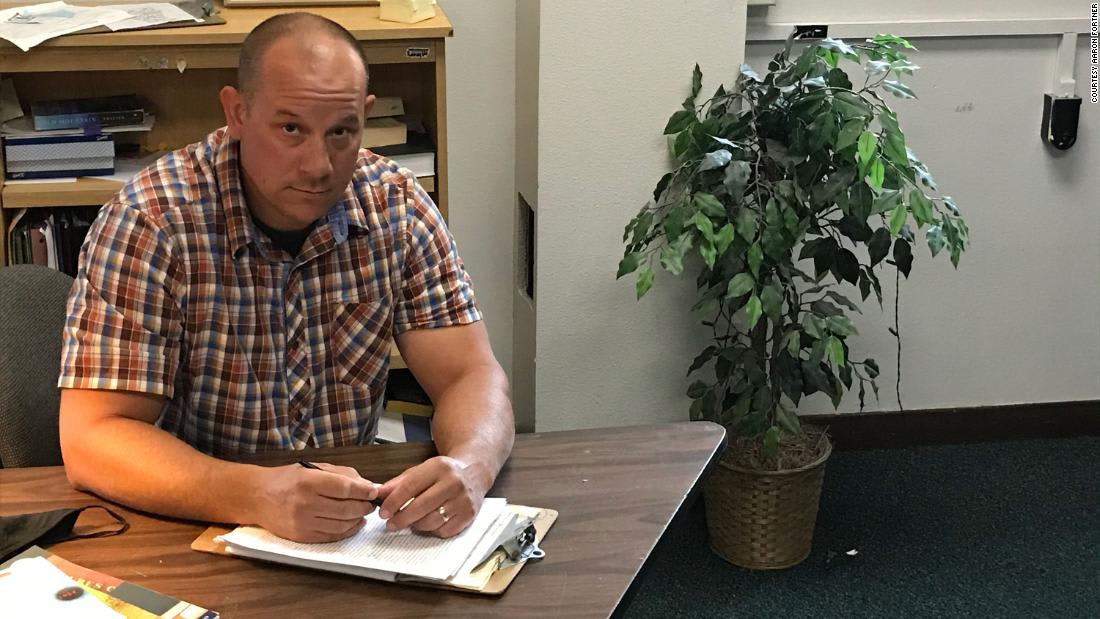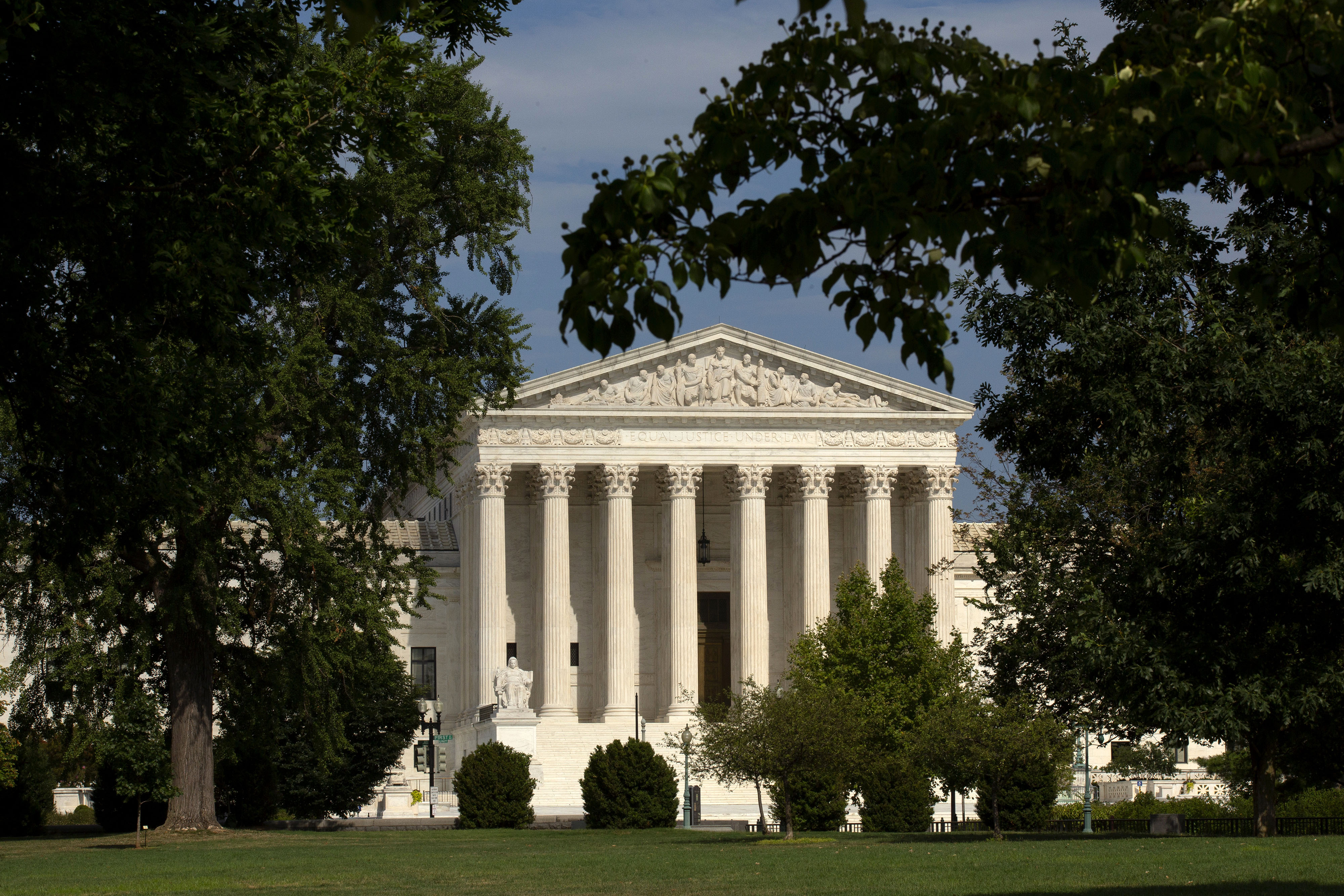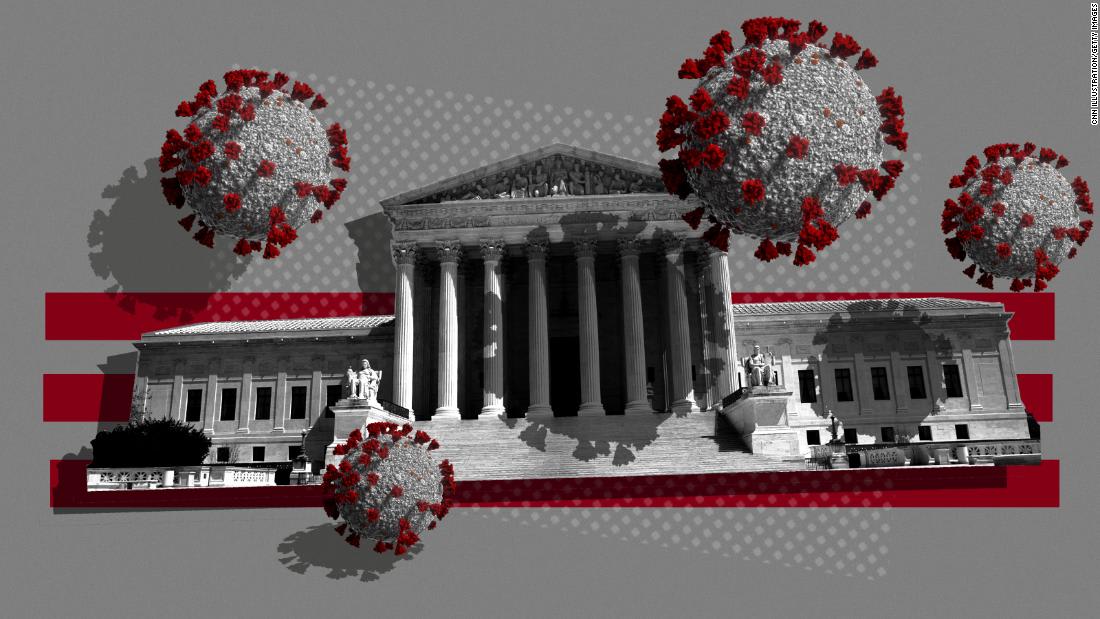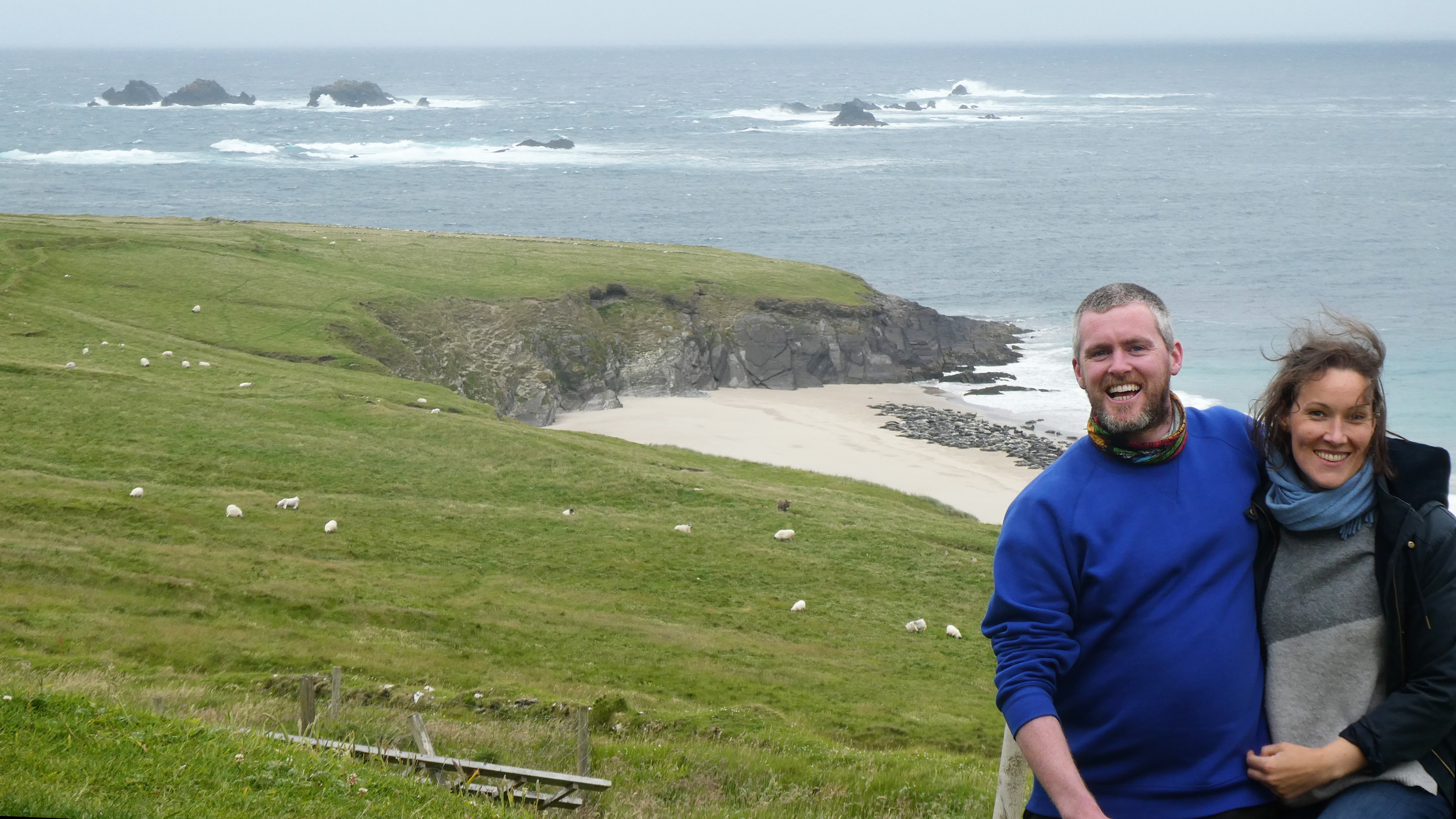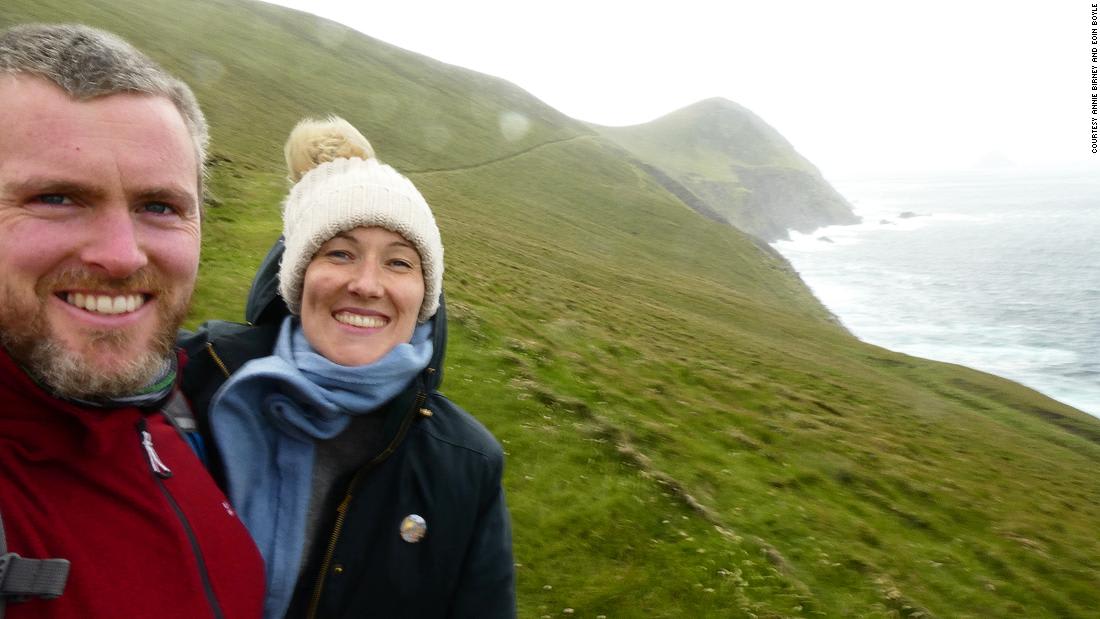The nation's top infectious disease expert, Dr. Anthony Fauci, confirmed to CNN on Friday that scientists at the National Institute of Allergy and Infectious Diseases are working to create a strain of coronavirus that could be used in human challenge trials of a Covid-19 vaccine.
Fauci, director of the NIAID, described this approach as a "Plan D" – and the work is still preliminary. If needed, such human challenge trials would be in a matter of months at the earliest.
"We’re taking preliminary steps," he said.
Human challenge trials are typically used for when a virus is not widely circulating – the coronavirus is – and therefore, this approach may not be necessary, according to Fauci.
"Should there be a need for human challenge studies to fully assess candidate vaccines or therapeutics for SARS-CoV-2, NIAID has begun investigations of the technical and ethical considerations of conducting human challenge studies," the agency told Reuters.
Reuters first reported on Friday that government scientists have begun efforts to manufacture a strain of the novel coronavirus that could be used in human challenge trials of vaccines and some drugmakers — including AstraZeneca and Johnson & Johnson — told the news service they would consider human challenge trials to test Covid-19 vaccines if needed.



